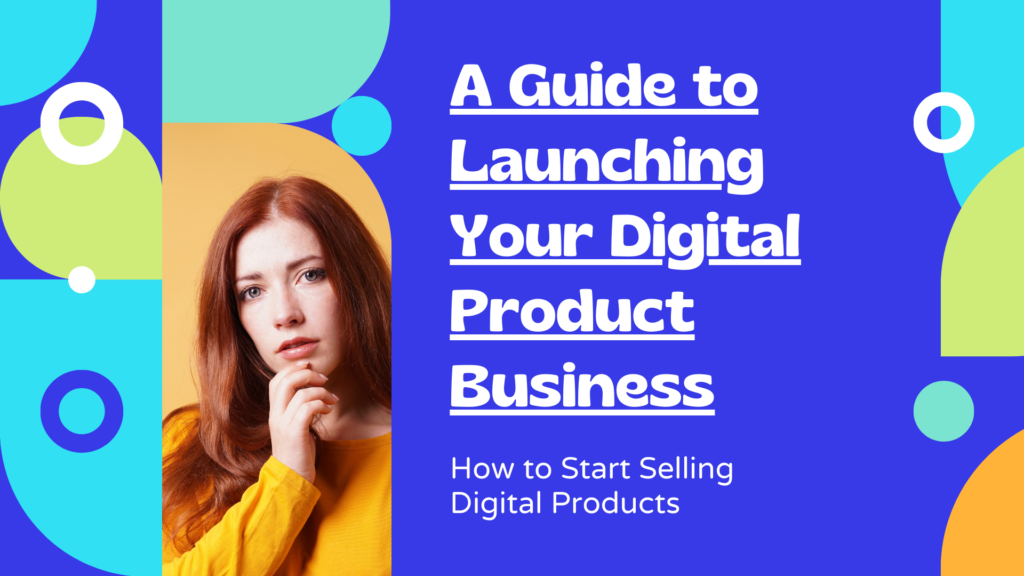Blog
Demystifying Digital Products: A Guide to Launching Your Digital Product Business

Introduction:
In the rapidly evolving landscape of the digital age, the term “digital product” has become ubiquitous. From software applications to e-books and online courses, digital products have transformed the way we create, consume, and share information. This article aims to unravel the concept of digital products and provide a comprehensive guide on how to kickstart your own digital product business.
Understanding Digital Products:
Definition and Scope:
Digital products encompass a broad range of intangible goods and services that are created, distributed, and consumed in a digital format. These include software applications, e-books, online courses, digital art, music, and more. Unlike physical products, digital products can be easily replicated, distributed globally, and updated seamlessly.
Types of Digital Products:
- Software Applications:
- Explore the world of software development and its various applications.
- Discuss popular types of software such as mobile apps, web applications, and desktop software.
- Digital Art and Design:
- Delve into the realm of digital creativity, covering graphic design, digital illustrations, and multimedia art.
- E-books and Online Publications:
- Discuss the rise of e-books and the digital publishing industry.
- Provide insights into writing, publishing, and marketing digital books.
- Online Courses and Educational Resources:
- Explore the booming market of online education, including course creation and platforms.
Starting Your Digital Product Business:
Market Research and Idea Generation:
- Identifying Trends and Opportunities:
- Guide on how to research market trends and identify gaps in the digital product market.
- Choosing Your Niche:
- Discuss the importance of selecting a niche that aligns with your expertise and market demand.
Planning and Development:
- Creating a Business Plan:
- Break down the components of a comprehensive business plan for a digital product venture.
- Product Development:
- Walk through the stages of digital product development, emphasizing quality and user experience.
Marketing and Launch:
- Building Your Brand:
- Discuss branding strategies specific to digital products and the importance of a strong online presence.
- Digital Marketing Strategies:
- Explore effective online marketing techniques, including social media, content marketing, and email campaigns.
Distribution and Monetization:
- Distribution Platforms:
- Highlight popular platforms for selling digital products, such as app stores, e-commerce websites, and digital marketplaces.
- Monetization Models:
- Discuss various revenue models, including one-time purchases, subscriptions, and freemium options.
Challenges and Future Trends:
- Overcoming Challenges:
- Address common challenges faced by digital product entrepreneurs and provide solutions.
- Future Trends in Digital Products:
- Discuss emerging trends, such as virtual reality, blockchain, and artificial intelligence, and their impact on the digital product landscape.
Conclusion:
In conclusion, the digital product industry offers a vast array of opportunities for entrepreneurs willing to embrace the digital era. Whether you are a seasoned developer, a creative artist, or an expert in a specific field, starting a digital product business can be a rewarding endeavor. By understanding the nuances of digital products and following a strategic approach, you can navigate the complexities of this dynamic market and carve out your space in the digital landscape.
